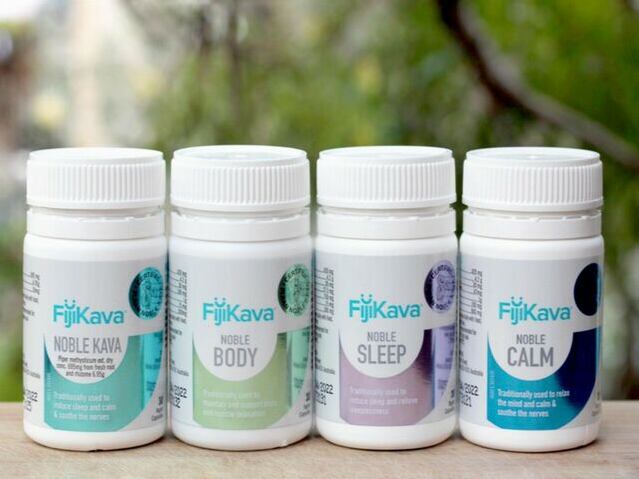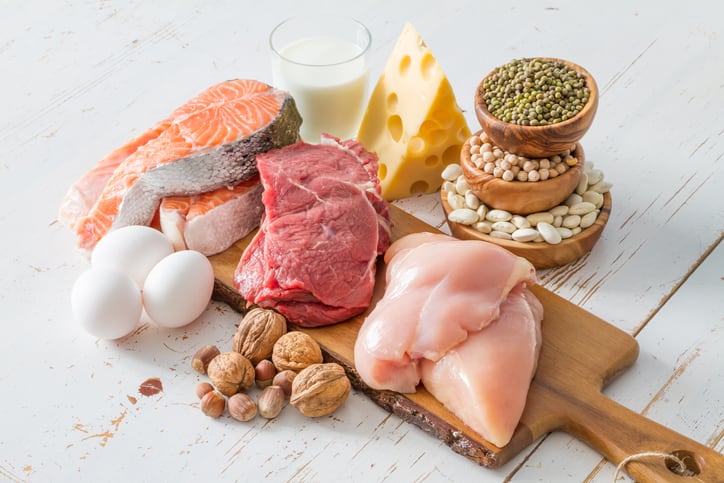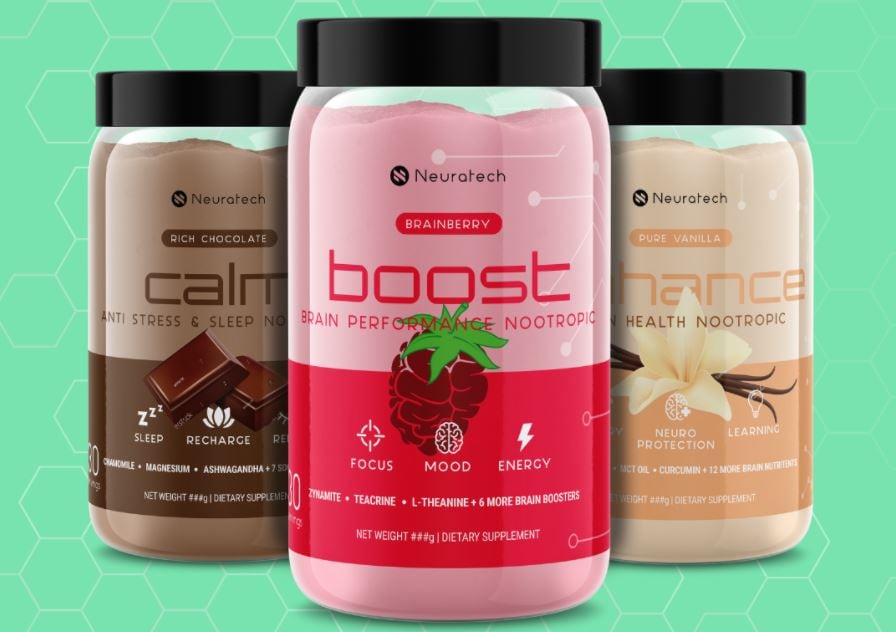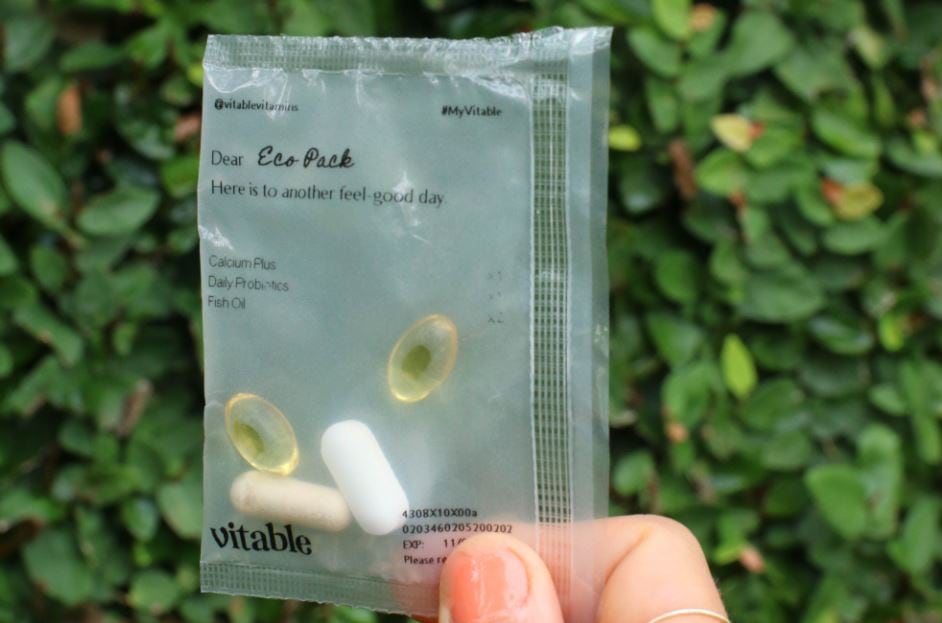Dr Anthony Noble, who took the reins in May, said the company has been working with the NICM Health Research Institute housed in Western Sydney University to assess how kava could work together with TCM.
The institute was founded by Professor Alan Bensoussan who specialises in TCM research.
Since kava is less well-known in Asian countries, Noble hopes that through TCM concepts, the company will be able to communicate the use of the ingredient more effectively to the consumers.
We have started some work at the moment about ensuring that we can explain the mechanism of action in the TCM framework for kava.
We are looking at the role that kava can play as a whole dried root in a TCM format and sold via the TCM medical halls, which would be a new market for us.
Our partner in China continues to work to understand consumer attitudes. There is still work to do to educate people in China about the benefits of kava, and that's why we are taking a step towards explaining those benefits with a TCM modality and bringing the information to the Chinese consumers in a language that they understand.
The company has been selling its products in China for the past year. Last year, it signed an MoU with China’s pharmaceutical supplier PMM Company and its capsule supplements made from noble kava for sleep, calm, and body debuted in the country via e-commerce. It is selling TGA-approved kava supplements into China through the cross-border e-commerce at this stage.
On the performance, he said that there has been “excellent reception” for its products, which cover anxiety relief, sleep improvement, and muscle relaxation benefits.
“The areas of anxiety, sleep and muscle relaxation are very significant concerns for the Chinese people. And so, we have received great feedback about the products from the Chinese consumers.”
Recently, the company also announced a new partnership with Chengdu Jiachuang Science and Technology.
The China company has a long history in the sale and product development of probiotics and TCM, which may provide another potential route into China for Fiji Kava.
China will be prioritised over other Asian regions such as South East Asia, Japan, and South Korea, since there are strict rules on kava use in the other countries, Dr Noble said.
In China, kava could be introduced as a finished food product or a functional food product. In contrast, in Japan, large or wholesale order of kava will be stopped at the border, while in Singapore, kava is not to be used in supplements.
While he acknowledged that tension between China and Australian governments has made it more difficult for Australian companies trading with China, and also how Alibaba had moved its distribution centre from Australia to New Zealand, he said the company’s main manufacturing facilities were in Fiji and could therefore, supply to China relatively easily.
“There are growing issues around selling from Australia into China [due to political tensions]. While our headquarter of operations is in Brisbane, Australia, our main facility and manufacturing footprint is in Fiji since we are a Fijian company.
“I think that this is something we are going to have an advantage with, as compared to other companies. As we move forward, all of our products can be exported directly between Fiji and China.”
At the moment, the company’s largest market is Australia, followed by the US.
New products
Fiji Kava is planning to launch a new range of kava medicinal tea in the US and Australia which will be permitted as a general food in the former and a Therapeutic Goods Administration-approved product in the latter.
“We think that tea is a great format for people to try Kava safely and will open up a new usage occasion.
“Increasing our formulation experience in the drinking Kava market and forming extracts which are suitable for integration into functional beverages is a big priority for us too.”
Other new launches include a kava supplement for day-time focus, kava for sleep in terms of men and women health needs, and kava for sports.
The company also runs a specialty ingredient business where its kava ingredient has been supplied to major nutraceutical players Blackmores and Caruso’s Natural Health.
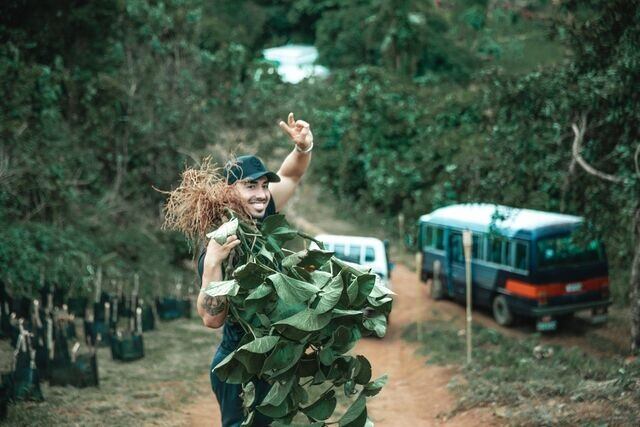
Recently, there was also a pilot order from a Dutch MNC in the US for 300 kilograms of its kava ingredient.
Regulatory hurdles
The regulatory hurdles that the kava industry faces are gradually being reduced, which Dr Noble said could aid the development of the industry.
The Codex Alimentarius Commission had approved a standard for kava products for use as a beverage when mixed with water in September last year.
“Kava has been recognised by the WHO as safe beverage and the basis of that is to define the type of Kava that is used and, in particular, the WHO’s recommendation is only related to the Noble Kava varieties.
“Now that the WHO has mandated the use of Noble Kava, we think that that's going to really help to break down a lot of the barriers for companies like us that sell the authenticated Fijian Noble Kava, which is which is safe and effective.”
In Australia, kava can only be extracted using water and powder kava beverage is banned. Nonetheless, new efforts are being introduced by the government to relax its use.
The Australian Government said last year that it would implement the second phase of a pilot program to increase the amount of kava allowed to be imported into Australia.
The government said this was to deepen economic, trade, and bilateral ties with the Pacific region.
In the first phase of the pilot programme, the amount of kava allowed to be imported for personal increased from two kilograms to four kilograms per passenger. However, kava cannot be brought into Western Australia and the Northern Territory due to restrictions in jurisdiction.
The second phase is to allow the commercial importation of kava. This will allow the commercial importation of unlimited amounts of kava into Australia for non-medical purposes, in addition to the medicinal and therapeutic purposes currently allowed under permit.
Both phase one and two will run until the end of 2022 and regulations implemented during this period will continue even after the program has concluded.
Building consumer confidence
Kava came under fire in the early 2000s due to cases of liver toxicity, while bans on the product had since been lifted in places such as Germany, the sector has yet recovered in Europe.
To which, Dr Noble said it was paramount to rebuild consumer confidence in kava.
Even after the ban on kava was overturned by the German courts in 2014, the market there hasn't recovered. I think the regulatory issues are less of a concern than issues around rebuilding consumer confidence, given some of these historical issues.
It is our job to get out and rebuild consumer confidence, which I think is much more of a barrier than the regulatory hurdles.
To do so, we can make kava available to more people, let people try and let them see and experience kava for themselves.


